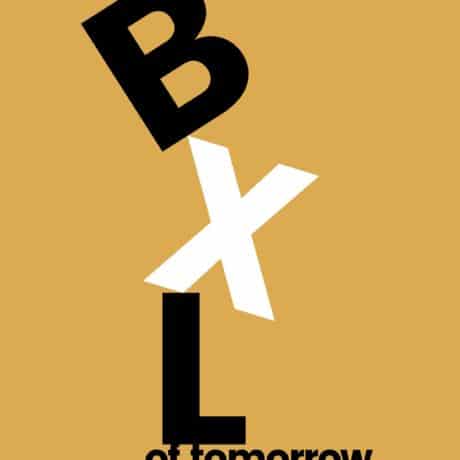
Dossier
Brussels mag N°17
Beautiful racing cars
TEXT MARIE HONNAY
You can’t discuss the future of the capital without discussing mobility. Didier Fenix, director of D’Ieteren Car Centers, tells us of his vision for a city that allows cars while remaining open and forward-looking.
If there’s one topic sure to provoke opinions in Brussels, it’s mobility. As director of D’Ieteren Car Centers, is this something that also concerns you?
Didier Fenix Yes, particularly as I’m in charge of the retail department for Brussels. Since the last elections and the installation of the new Brussels government, some relatively radical ideas have been put forward in terms of mobility in the capital – in particular a significant reduction in the number of parking places. The public infrastructure doesn’t fit with the reality on the ground and the needs of the population. As a key player in this picture, of course we are working on concrete solutions, and our priority is multimodality. The total suppression of cars in a city like Brussels is a fantasy. It’s not about rejecting one mode of transport in favour of another, but about extending the mobility options to respond to users’ needs – and the car will continue to play an important role in these multimodal models.
How can the city and cars live side by side in the capital of Europe?
DF At D’Ieteren we took the lead three years ago, when we created the Lab Box, a laboratory tasked with studying innovative solutions related to multimodality. This is how we came up with Poppy, a shared mobility service, first in Antwerp and then in Brussels, which is the only service in Europe to offer electric cars, mopeds and scooters via one single app. Usage is billed by the minute. We mustn’t forget the people who work in the city who have chosen to live outside Brussels, or the families who must drive their children to different schools each day and cannot give up their cars. The offer has to be adapted to every situation, including these. We have also responded to the growing demand for rechargeable electric and hybrid vehicles. The problem is that in the city, there is not yet adequate charging infrastructure. Today, the debate has moved on from the question of whether or not people should own a car; it’s the organisation of traffic flow that we must consider. At times when traffic is particularly heavy, for example during a European summit, homeworking is the most obvious solution. At D’Ieteren, our staff policy is moving clearly in this direction and we allow staff to work from home.
In concrete terms, what strategies and solutions are you putting in place at D’Ieteren ?
DF First of all, we have taken responsibility in relation to the subject of cars and the urban environment. We have invested in promoting electric cars and have even created EDI, our own subsidiary for the distribution and installation of electric charging stations. The second point concerns mobility credit. We want to create a multimodal offer that allows, for example, a driver to opt for a smaller car and to carry out some of their journeys by public transport, by scooter or even in a chauffeured car, which can all be arranged by a single app we have developed, called Skipr.
How do you see the future of mobility in Brussels?
DF The willingness of the authorities to return the capital to the people is of course a good thing, provided they do it in an organic and intelligent way. If we are not careful, we risk driving consumers out of the city centre. In Brussels, a city that welcomes the staff of international institutions as well as many tourists, it’s crucial to envisage spaces that are connected and accessible. If we do not, we jeopardise quality commerce. The shops in the centre of Brussels contribute to the city’s reputation and influence abroad – that’s why it’s so important to make it easy for tourists to visit them.
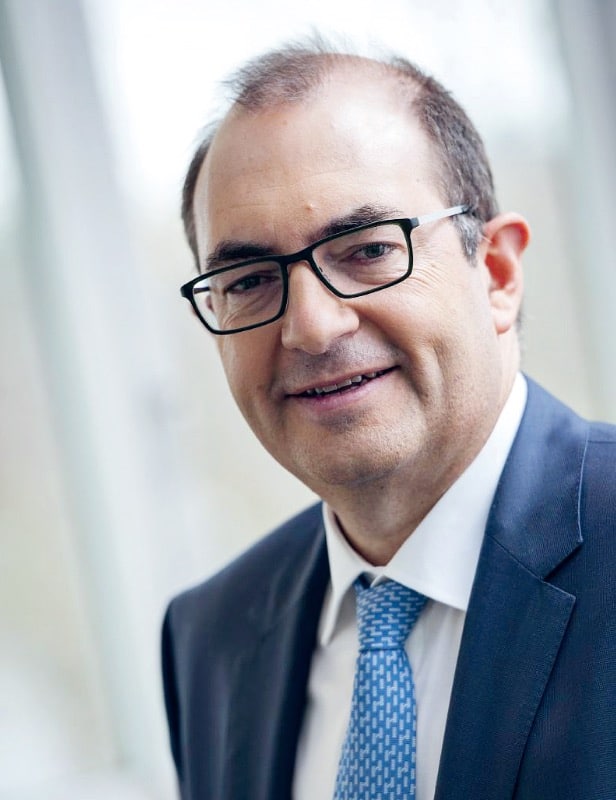
“At D’Ieteren, we’re building tomorrow’s mobility today, by offering diverse modes of transport as sustainably as possible.” - Didier Fenix

Dossier
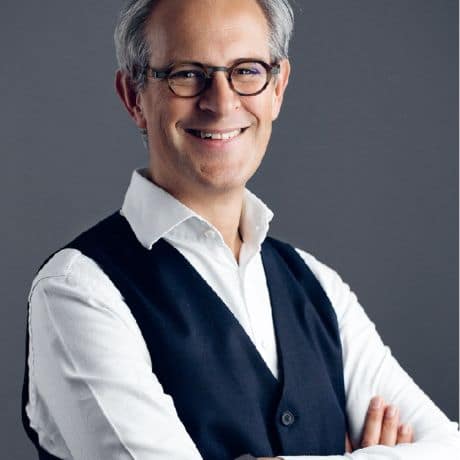
Personality
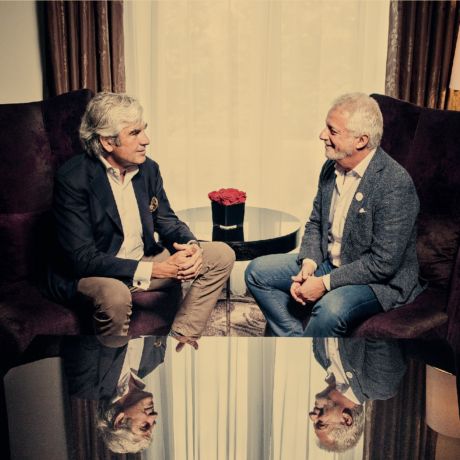
Face-à-face
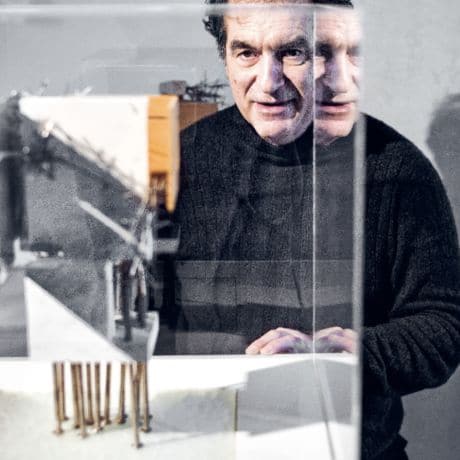
Portrait
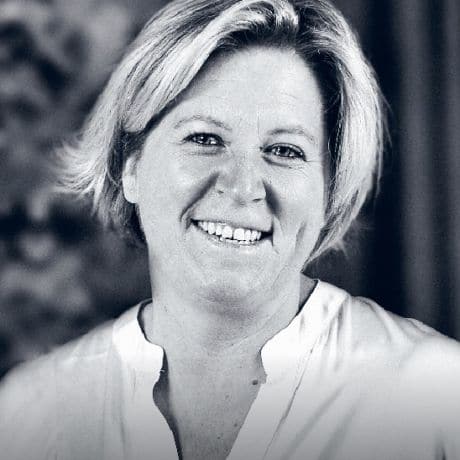
She in the plural
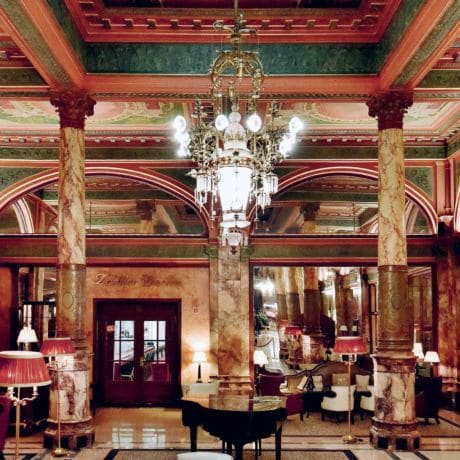
1 establishment, 3 trades
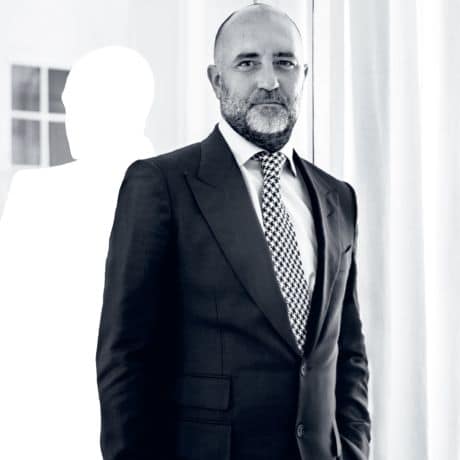
Expat
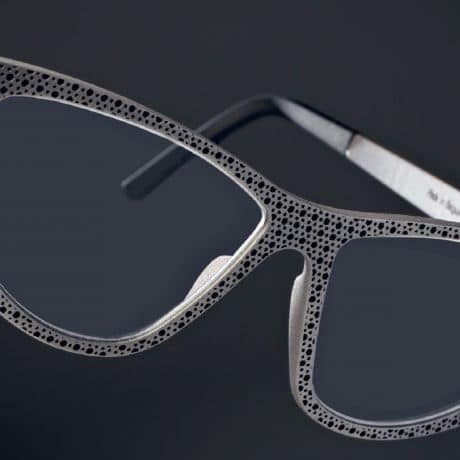
back stage

THE MOST BEAUTIFUL ONES
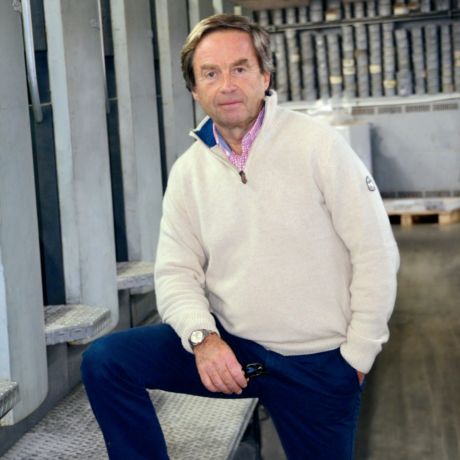
in the picture
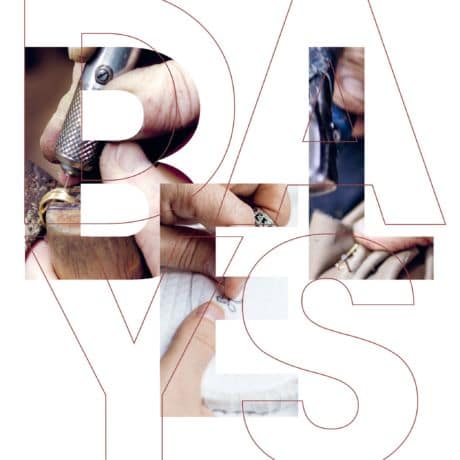
Values